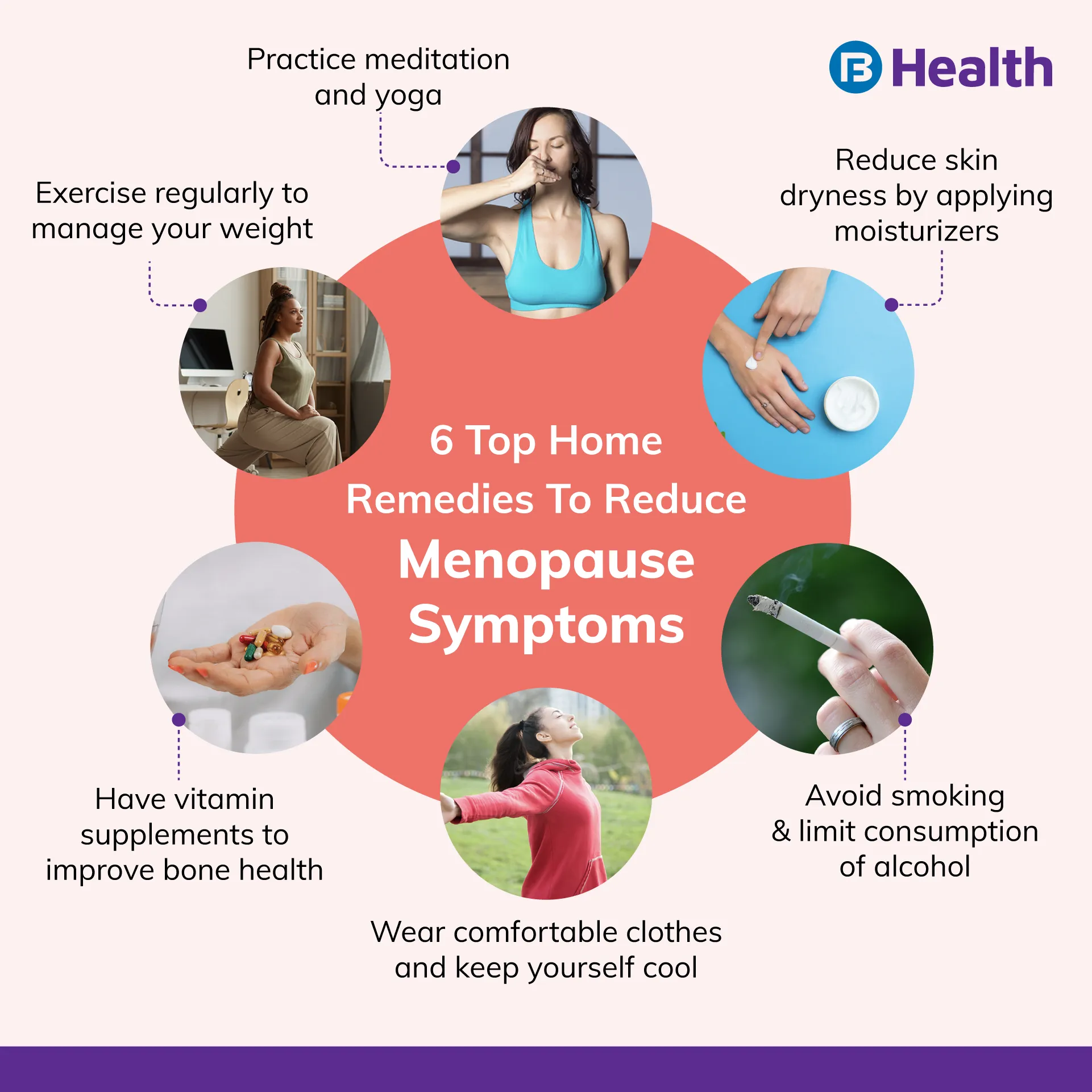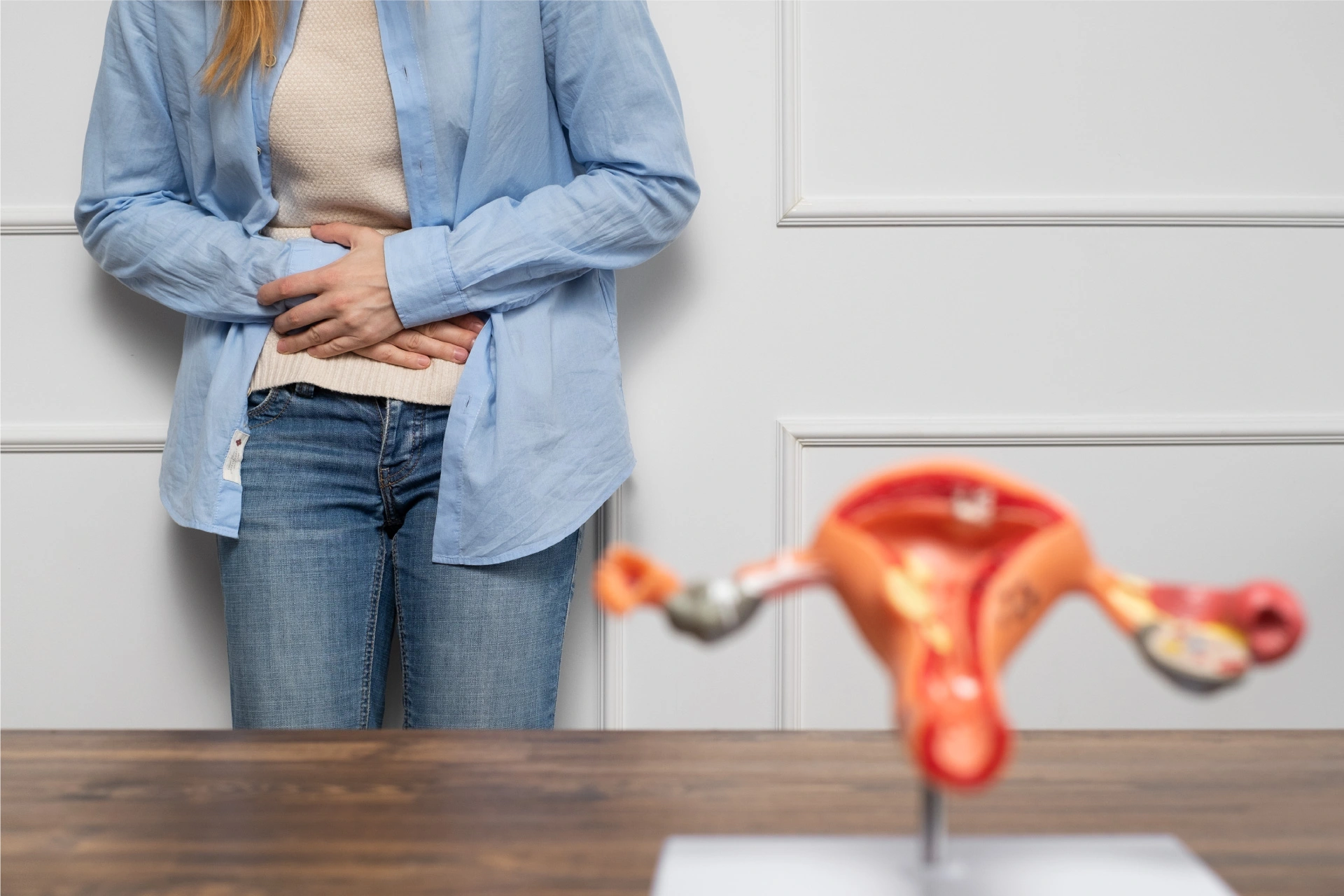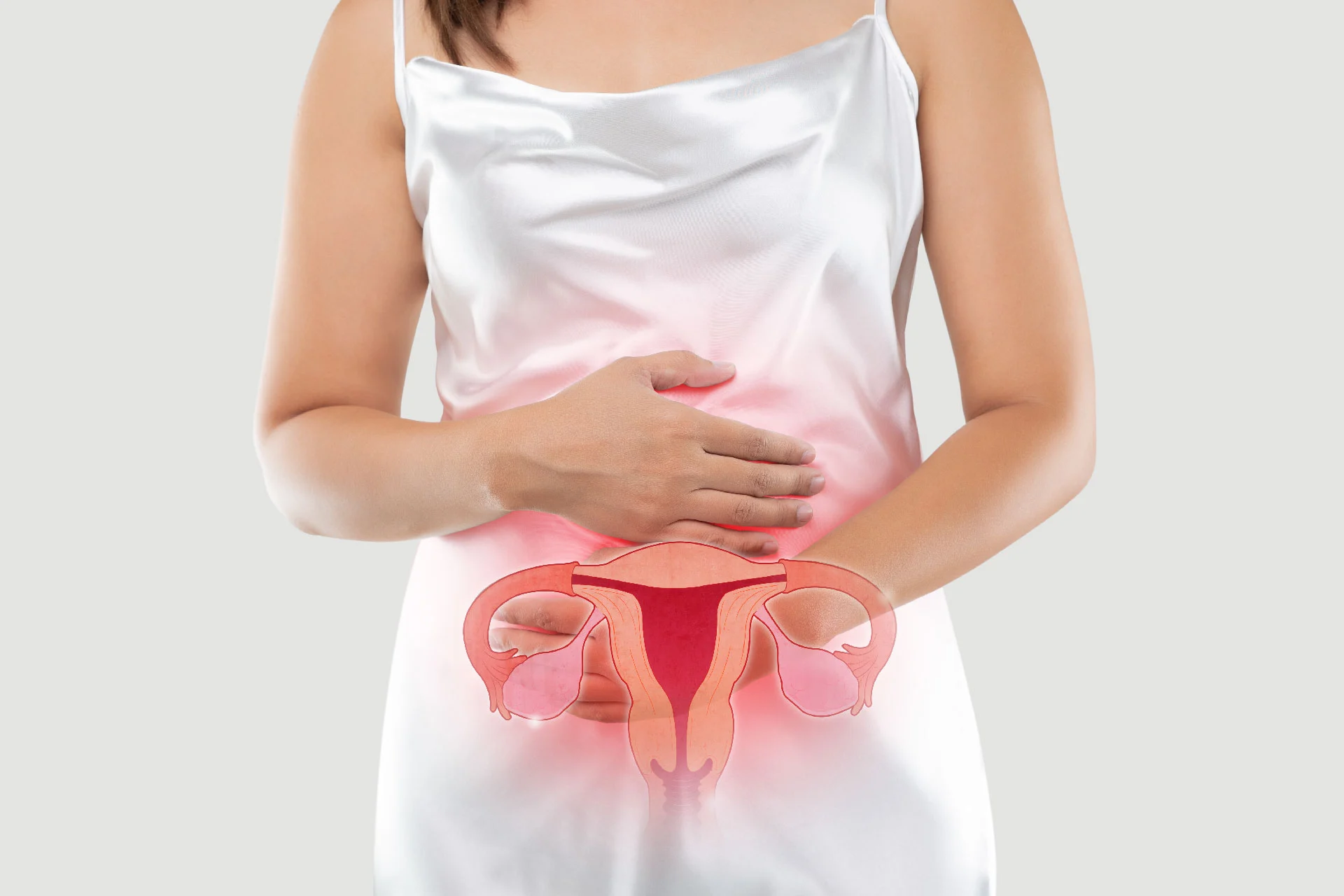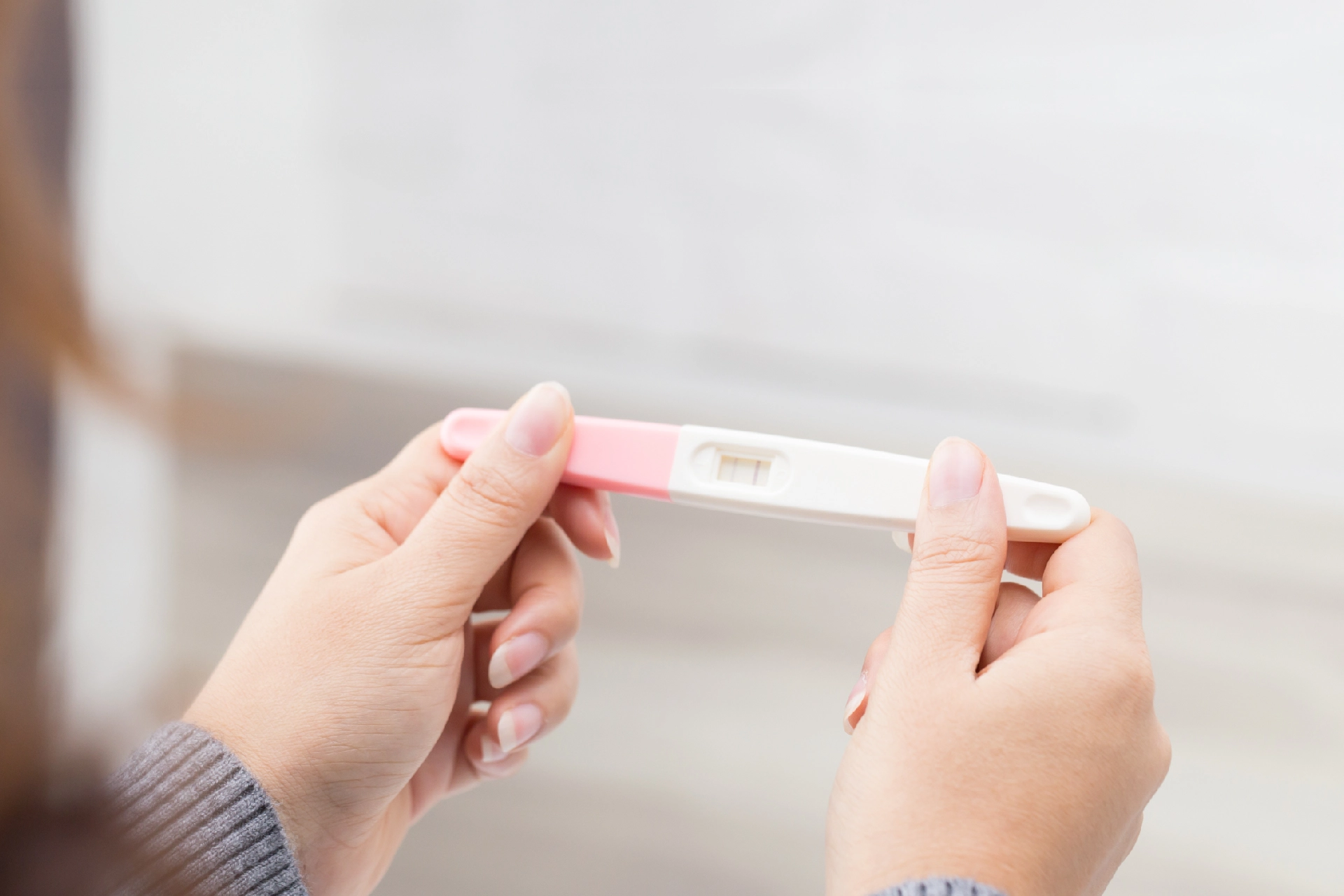Gynaecologist and Obstetrician | 4 min read
Menopause and Perimenopause: 6 Important Facts You Need to Know
Medically reviewed by
Table of Content
Key Takeaways
- Menopause and perimenopause are two important phases of women’s health
- Menopause occurs when women don’t have periods for at least a year
- With timely intervention, you can manage signs of menopause much better
Women’s wellness is important and should not be overlooked. Menopause is one such time when women require support and care. Women’s menopause is diagnosed when you have had no menstruation for a continuous period of 12 months [1]. Eventually, your fertility decreases until you can no longer become pregnant. Though this condition occurs between 45 and 55 years of age, you may experience menopause before or even after this age. The average age of menopause in Indian women 46.6 years [2].
The period before menopause is known as perimenopause. During this time, your body prepares itself for a smooth transition into the next phase. Read on to understand important facts about women’s menopause and perimenopause.
Additional read: How Women Over 30 Can Address Their Health ProactivelyWhat is perimenopause?
Perimenopause comes before menopause. It refers to the journey your body undergoes during this phase. The signs of menopause vary from one woman to other. While some may experience severe symptoms, others may face mild symptoms. The severity of symptoms is more when this phase occurs suddenly. Your lifestyle choices and reproductive health also play a key role in the severity of menopause symptoms.
Some of the most common perimenopause symptoms include the following.
- You may begin to experience heavy or light periods
- You may feel hot flashes and excessive sweating at night
- The frequency of your menstruation cycle may be less

What are the symptoms of menopause?
As the menopause phase begins, these are the usual symptoms you may notice [3].
- Dryness in your skin and mouth
- Rapid weight gain
- Dryness in your vagina
- Inability to sleep and focus
- Depression and anxiety
- Headaches
- Urge to urinate more often
- Pain in your joints
- Hair fall issues
- Urinary tract infections
How is menopause caused?
This is a natural process that occurs when your ovaries age. They produce fewer reproductive hormones. When hormones like progesterone and estrogen reduce, your body undergoes various changes. One of the main impacts is that your ovarian follicles become less active. These follicles help in producing and releasing eggs. They also allow a normal menstrual cycle to occur and contribute to fertility. Once they become inactive, the process of menstruation stops. This is the main menopause and perimenopause cause.
Are there any complications associated with menopause?
During this phase, a drop in estrogen levels can result in a few health ailments. A few of them include:
- Wrinkles in the skin
- Heart disease
- Poor muscle strength
- Bowel and bladder problems
- Poor vision
- Weak bones
What are the three stages of menopause?
The three stages are perimenopause, menopause and postmenopause. The first stage is starts several years before actual menopause sets in. This is the phase when your ovaries start producing less estrogen. Until the transition happens, you will be in the perimenopause phase.
As this phase comes to an end, your ovaries stop producing eggs. Your estrogen levels decline at once and that is when menopause begins. Your periods will completely stop. After this phase, you will feel menopause symptoms like hot flushes reduce. That is when the third stage, postmenopause, begins. In this phase, as your age increases, you may face health ailments due to the loss of estrogen.
How is menopause diagnosed?
Your gynecologist confirms this on the basis of the menopause symptoms you discuss. Keep a track of your period cycle, and when it becomes uneven, your doctor may be able to diagnose the phase better. The doctor may ask you to take a few tests for confirming menopause. They include:
- FSH test as levels of follicle-stimulating hormone increase near this phase
- AMH test to check the egg reserves in your ovaries
- Estradiol test to assess the estrogen produced by your ovaries
- Thyroid test to confirm your period is not affected due to thyroid
What is the treatment for menopause?
When symptoms are not severe, you may not need specific treatment. But if these issues are affecting the quality of your life, you may have to go for treatment. Hormone replacement therapy helps you manage symptoms like hot flashes and vaginal issues. This treatment involves the usage of medications to replace reproductive hormones. To manage vaginal dryness, your doctor may prescribe topical hormone therapy. The doctor may also ask you to take medications for increasing your bone density.
Both menopause and perimenopause form a natural part of women’s health. This is the period when levels of estrogen and progesterone decrease. After menopause, you are at an increased risk for osteoporosis and heart diseases. The best way to manage your symptoms is to lead an active and healthy lifestyle. You can also talk to gynecologists on Bajaj Finserv Health and address your symptoms. Book an appointment for online doctor consultation today and track your health regularly!
References
- https://www.nia.nih.gov/health/what-menopause
- https://pubmed.ncbi.nlm.nih.gov/33524647/
- https://www.sciencedirect.com/science/article/abs/pii/S0378512208003691
Disclaimer
Please note that this article is solely meant for informational purposes and Bajaj Finserv Health Limited (“BFHL”) does not shoulder any responsibility of the views/advice/information expressed/given by the writer/reviewer/originator. This article should not be considered as a substitute for any medical advice, diagnosis or treatment. Always consult with your trusted physician/qualified healthcare professional to evaluate your medical condition. The above article has been reviewed by a qualified doctor and BFHL is not responsible for any damages for any information or services provided by any third party.





